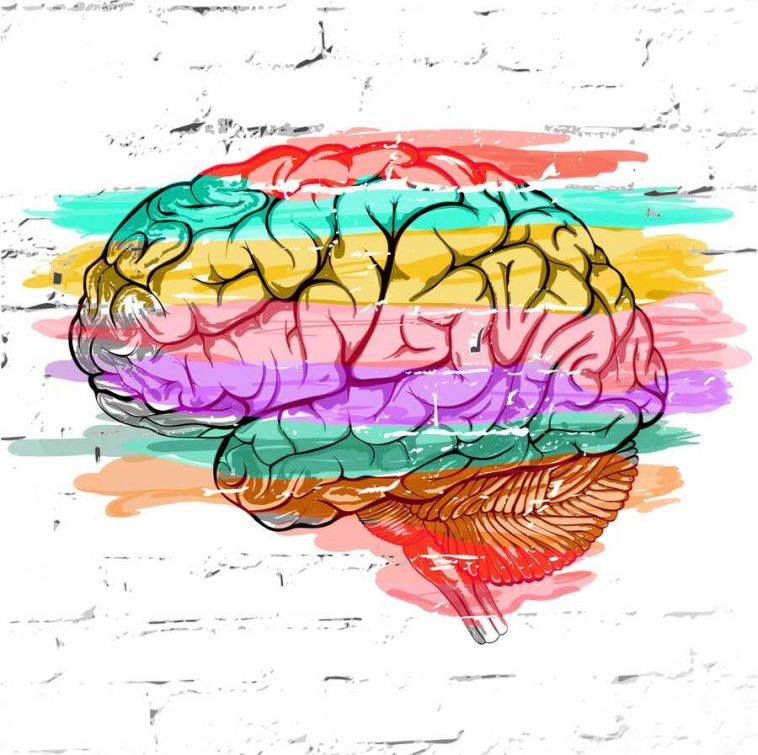As people age, their brain health will start to deteriorate. For example, the hippocampus will shrink and your neurons won’t be able to communicate as quickly as they once did. This can result in the mind losing some of its sharpness. But while no one is immune to the passage of time, there are plenty of things you can do to address this situation.
First up, you can adhere to a brain-healthy lifestyle in order to reduce or prevent cognitive impairment. Secondly, cognitive training can improve your brain function. It’s just like with physical exercise – your body won’t be in peak condition as you get older, but exercise can help you stay youthful. Brain exercises work the same way.
To help you train your mind, this article will cover a number of brain exercises that work really well.
Top Brain-Targeted Exercises That Work
There are actually quite a few brain exercises out there, but all the good ones have 2 things in common – they are complex and they give your mind something new to do.
This is because the human brain likes to go on autopilot whenever it can. In and of itself, this isn’t a bad thing – that’s how people are able to routinely carry out complicated actions. But in order to train your brain, you need to break out of this routine. These 5 brain exercises that improve memory all provide a way for you to do so.
1. Practice Your Recall with Lists
Start by making a list. It can be the groceries you need to buy, the things you need to do that week, or the movies you plan to see that year – anything can work. Then, after an hour or so, try to recall as much of it as possible.
There are 2 things to remember here. For one, the lists should be as challenging as you can make them. Secondly, they need to stay fresh, so keep coming up with new ones.
2. Learn a New Language
Coming to grips with an unfamiliar language is very challenging, as many people will remember from their school days. But it’s also a great way to get your brain to work overtime.
Researchers have found that a rich vocabulary can help your cognitive reserve – the brain’s ability to overcome a certain loss of function. The link between learning languages and increasing your vocabulary is plain to see.
3. Use Your Non-Dominant Hand
While some people are ambidextrous, the vast majority will favor one hand. That’s the hand you’ll use for the majority of your everyday tasks – that’s the autopilot we mentioned.
So, switch it up. Use your weaker hand to brush your teeth or move the computer mouse. You can even try writing like this. The goal is to get your brain to work hard to accommodate the change.
4. Try New Routes
If you have a commute, you’ll likely always take the same route. Once again, autopilot. So try finding different ways to get to where you’re going. This will stimulate your brain by forcing you to evaluate your surroundings and find new paths.
For an extra challenge, try drawing a map of those new routes when you get home.
5. Try a New Sport
This has a double benefit. First up, physical exercise, in general, improves brain function. But learning a new sport also gives you a list rules to memorize. Applying the rules to various situations is a challenge, too.
Staying Sharp
As the years go by, the brain can start to get sluggish. But certain exercises can push it in the opposite direction. The listed activities can all help a great deal, so consider making them a part of your routine.




